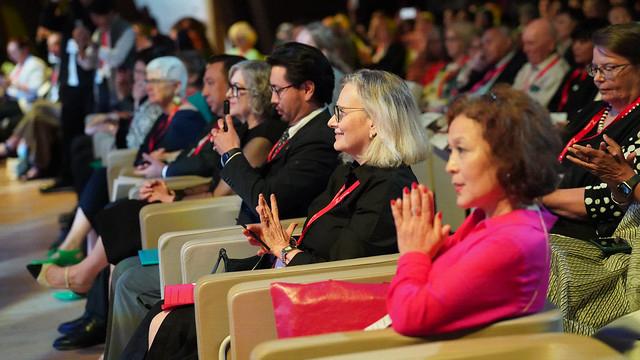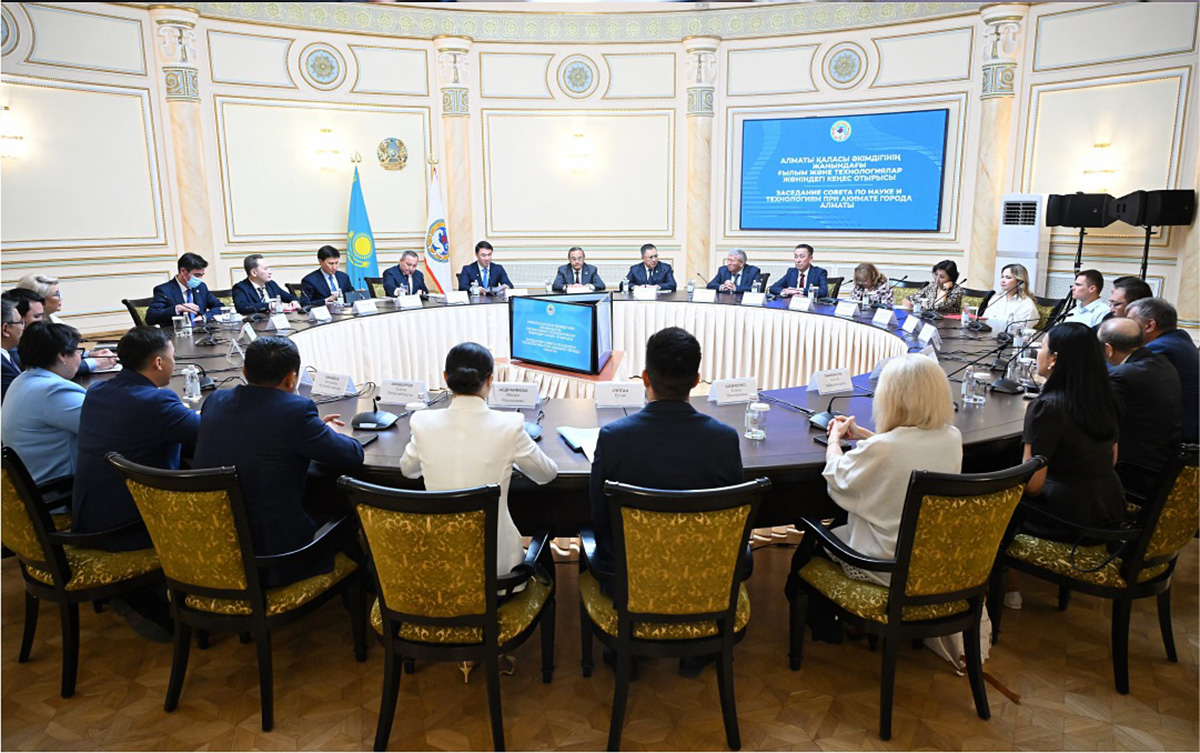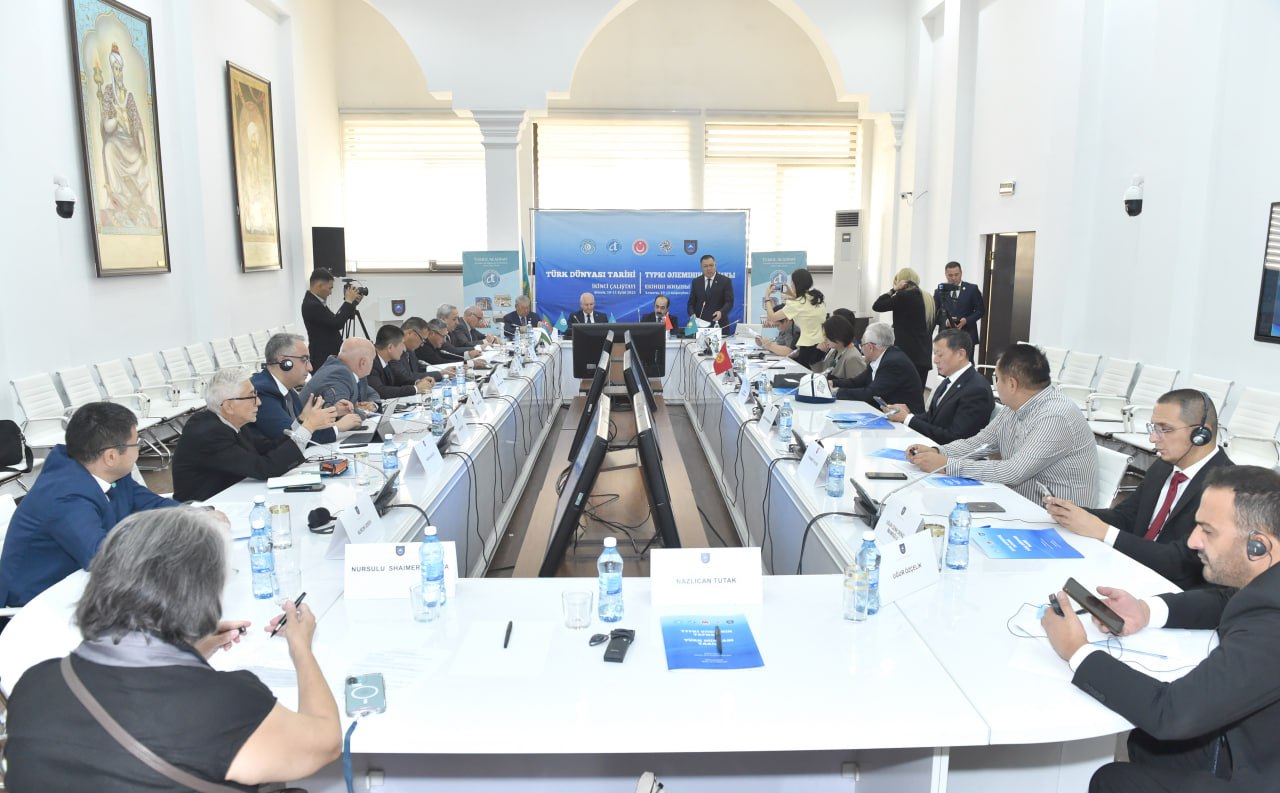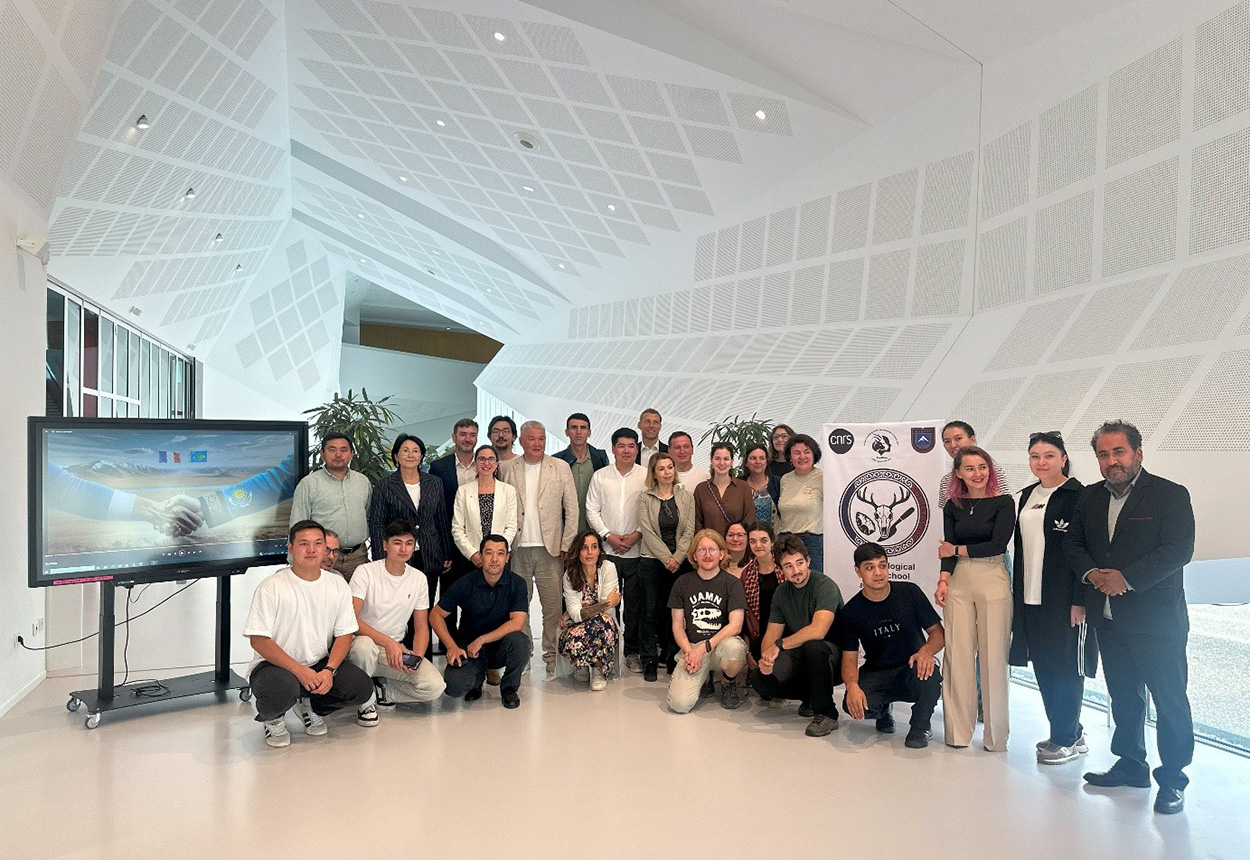Access to Information and Media Literacy: A Congress That Will Go Down in History

On August 18, Astana hosted the opening of the 89th World Library and Information Congress (IFLA), organized by the International Federation of Library Associations and Institutions.
The five-day event brought together more than 1,600 delegates from 110 countries, including national library directors, media specialists, researchers, faculty members, students, and representatives of leading publishing houses. Under the theme «Strengthening the Ties of Knowledge – Building the Future», the congress featured over 80 professional sessions and more than 15 events devoted to artificial intelligence, big data, digital libraries, collection preservation, inclusivity, and cataloguing standards.
In its century-long history, IFLA has held a congress in Central Asia only twice, making this event a milestone in Kazakhstan’s emergence as a hub for cultural, educational, and professional exchange.
IFLA President Vicki McDonald noted:
«We can engage effectively with organizations such as the United Nations and UNESCO if our voice reflects a commitment to finding solutions, readiness for change, and clear proof that our field benefits people and responds to their needs».
Talgat Yesshenqulov, Vice Minister of Science and Higher Education of Kazakhstan, emphasized:
«In an era of rapid technological change, the library and information sector faces many challenges, yet at the same time it opens opportunities for adopting new technologies and sharing best practices. I am confident that the discussions at this Congress will help us find innovative ways to advance libraries, strengthen professional cooperation, and lay the foundation for future joint initiatives».
Danial Serzhanuly, Acting Chairman of the Board of Kazakh Tourism, added:
«We are proud that Astana has become the venue for such a major international event. Today, Kazakhstan confidently presents itself as a country with a rich cultural heritage and natural treasures, as well as an attractive destination for travelers from around the world».
He highlighted that Kazakhstan was included in The New York Times list of «52 Places to Go», ranked among the Top 10 tourist destinations by Lonely Planet, and featured in Condé Nast Traveller’s recommendations.
The keynote address at the opening ceremony was delivered by Associate Professor Oryntay Oshanova, Head of the UNESCO Chair in Journalism and Communication at the Al-Farabi Kazakh National University. She noted:
«Media and information literacy is the key to expanding the capacity of individuals, communities, and nations to participate in global knowledge societies and contribute to their development».
She also underlined that within the framework of the UN Sustainable Development Goal «Quality Education», the university is implementing both international and national projects, including media literacy initiatives led by her department in partnership with UNESCO’s Central Asia Bureau.
According to Kazakhstani researchers, public trust in information sources is currently distributed as follows:
- Television – 30.8%
- Internet websites – 20.3%
- Social media – 10%
At the same time, 40% of citizens do not trust any information sources.
The main channels through which the population accesses information are:
- Social media – 5.8%
- Internet websites – 40%
- Television – 3.6%
In terms of media consumption, among young people aged 14–29, between 47% and 75% consume content in the Kazakh language, and 37% use paid content, which indicates a relatively high level of media literacy.
During the congress, speakers discussed how libraries can improve access to information, strengthen their role as trusted sources, and collaborate with other institutions to prepare society for technological change. Representatives from several countries also spoke about the role of librarians as moral leaders in teaching media literacy and preparing communities for an AI-driven future.
Sessions on open science and sustainable development highlighted the importance of equal access to knowledge and information. Case studies included India’s «One Nation – One Subscription» initiative and university projects aligned with the UN Sustainable Development Goals.
President of Kazakhstan Kassym-Jomart Tokayev has repeatedly emphasized the importance of the «reading nation» initiative, calling for the development of a reading culture. As noted at the congress:
«Today’s generation perceives information visually and interactively. Therefore, if we want to engage young people with national culture, we must speak their language – the language of the digital environment. Moreover, digitalization is the guarantee of preserving cultural heritage».
Other news


